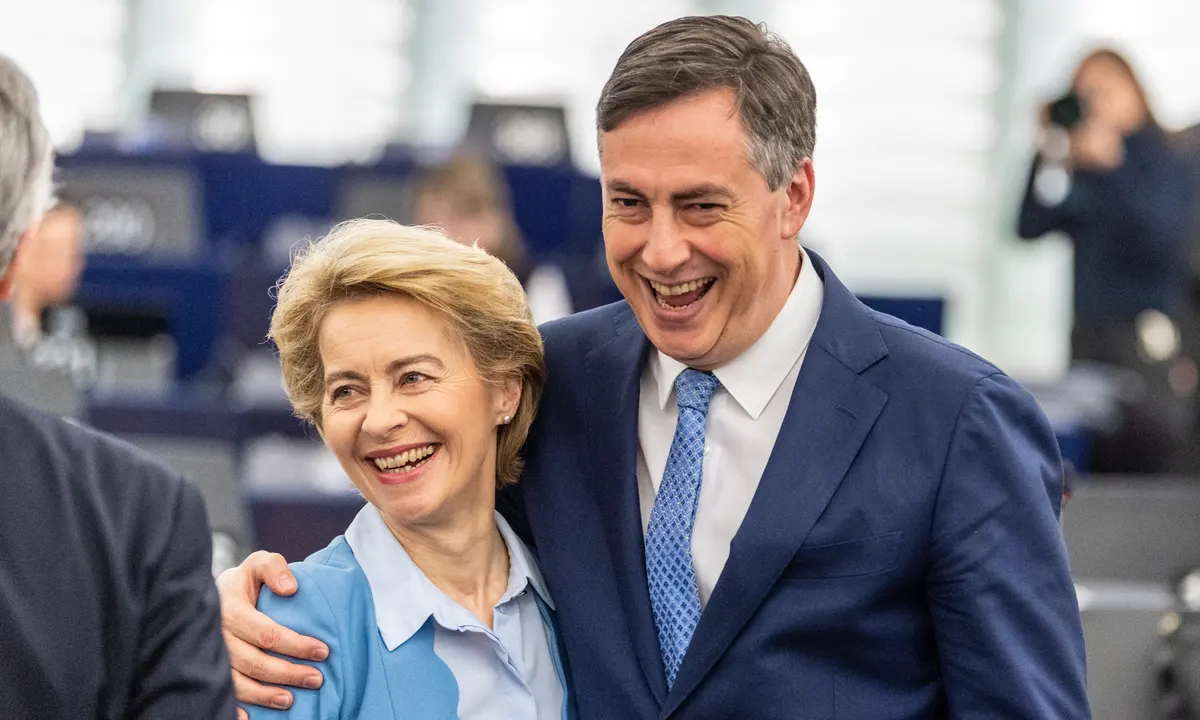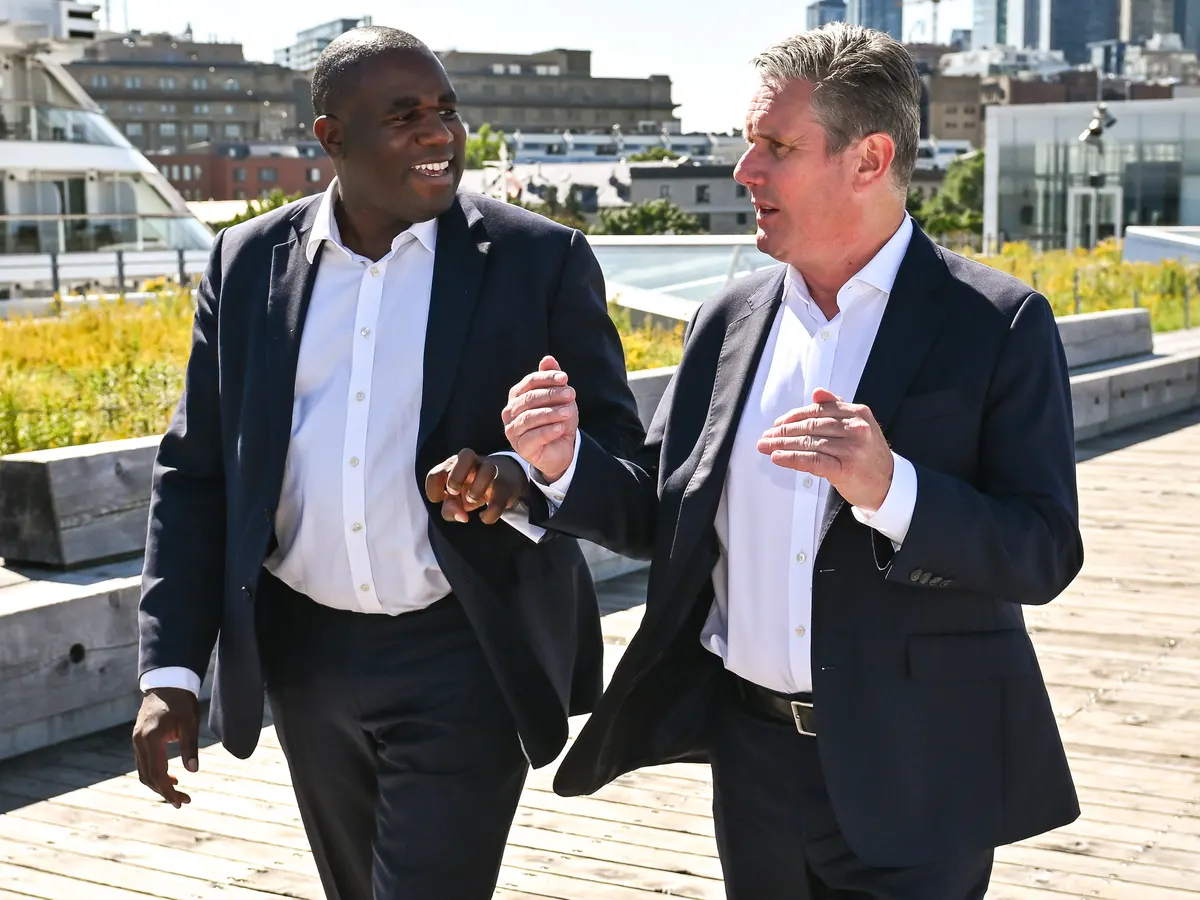David McAllister, the head of the European Parliament’s foreign affairs committee, has expressed optimism about Labour’s proposed foreign policy and security pact with the EU. He emphasized that the British government should use the coming weeks to present detailed proposals covering various areas such as economic, climate, health, cyber, and energy security.
This aligns with the extensive ideas put forward by UK Foreign Secretary David Lammy, who recently engaged with European counterparts in Berlin, Stockholm, and Bydgoszcz.
McAllister, a German MEP and ally of European Commission President Ursula von der Leyen highlighted the EU’s desire for closer post-Brexit security cooperation. He pointed out that the EU currently maintains more structured ties with the US, Canada, and Norway than with the UK. The call for a security pact from UK officials like Lammy and Defence Secretary John Healey is likely to be welcomed in Brussels, as it aligns with this objective.
The upcoming European Political Community (EPC) summit at Blenheim Palace offers a significant opportunity for Keir Starmer to present a new approach to EU relations. While the EPC is not designed to address EU-UK relations directly, it serves as a platform for the new UK government to demonstrate its commitment to improved ties. EU diplomats are hopeful that this shift will build on the progress made under Prime Minister Rishi Sunak’s government and move past the contentious Brexit years.

EU’s McAllister Welcomes Labour’s Foreign Policy Proposal and Calls for Enhanced UK-EU Security
McAllister, who is expected to be reappointed as chair of the European Parliament’s foreign affairs committee, believes that a stable and constructive diplomatic period will benefit the UK-EU partnership. He emphasized that the new UK government’s proposals could foster trust and further progress. This is seen as a chance to move beyond the turbulence of the Brexit negotiations and enhance collaboration.
A senior EU official has indicated that early interactions with the new British government have been positive and that any proposals for foreign and security cooperation will be considered with an open mind.
The EU had previously sought a foreign and security agreement with the UK, but former Prime Minister Boris Johnson’s “Global Britain” policy had sidelined European engagement. Brussels officials are not looking to revisit the post-Brexit deal but are interested in new agreements on issues such as youth mobility and fisheries.
McAllister has expressed support for the UK’s rejoining the Erasmus student exchange program and reducing barriers to youth mobility. He also advocates for regular strategic consultations between the UK and the EU, although he noted that a permanent invitation to EU foreign affairs meetings is unlikely.
Despite this, the UK could potentially contribute to the European Defence Industry Programme, which seeks to enhance European weapons and ammunition stocks. McAllister believes that the UK’s defense industry could add significant value to this initiative.











































